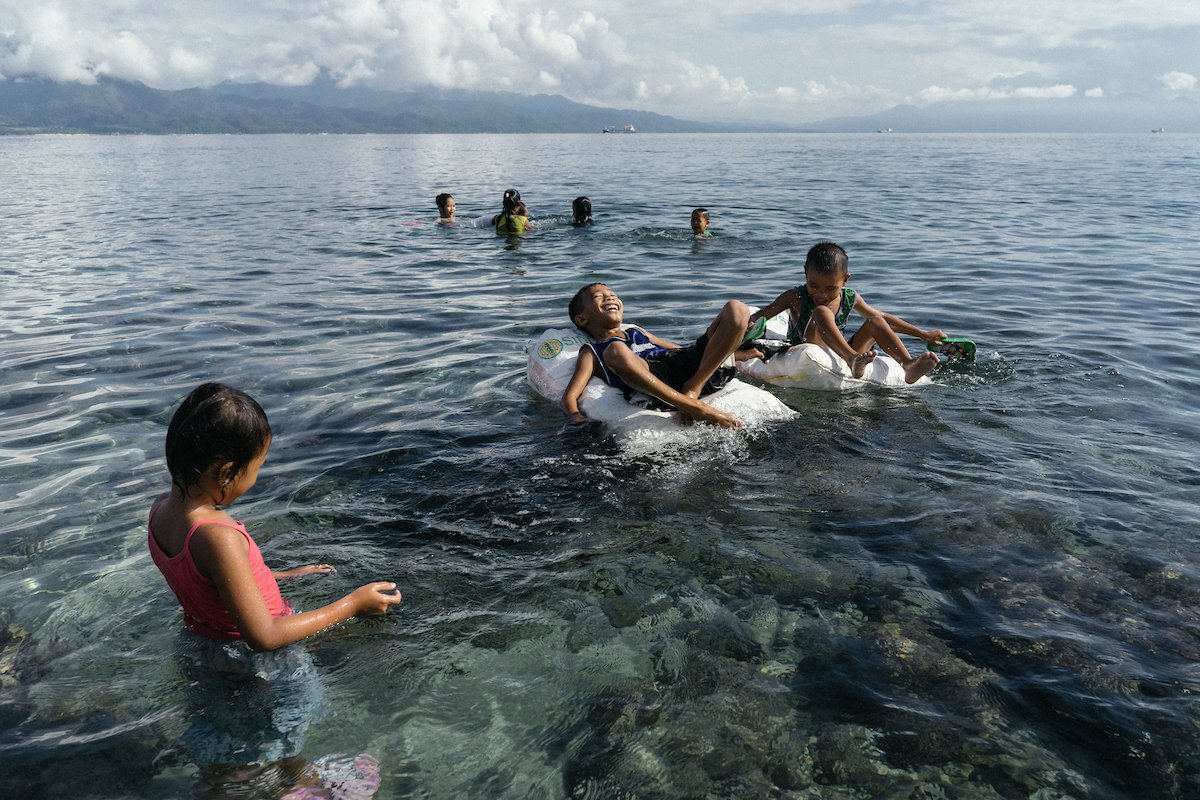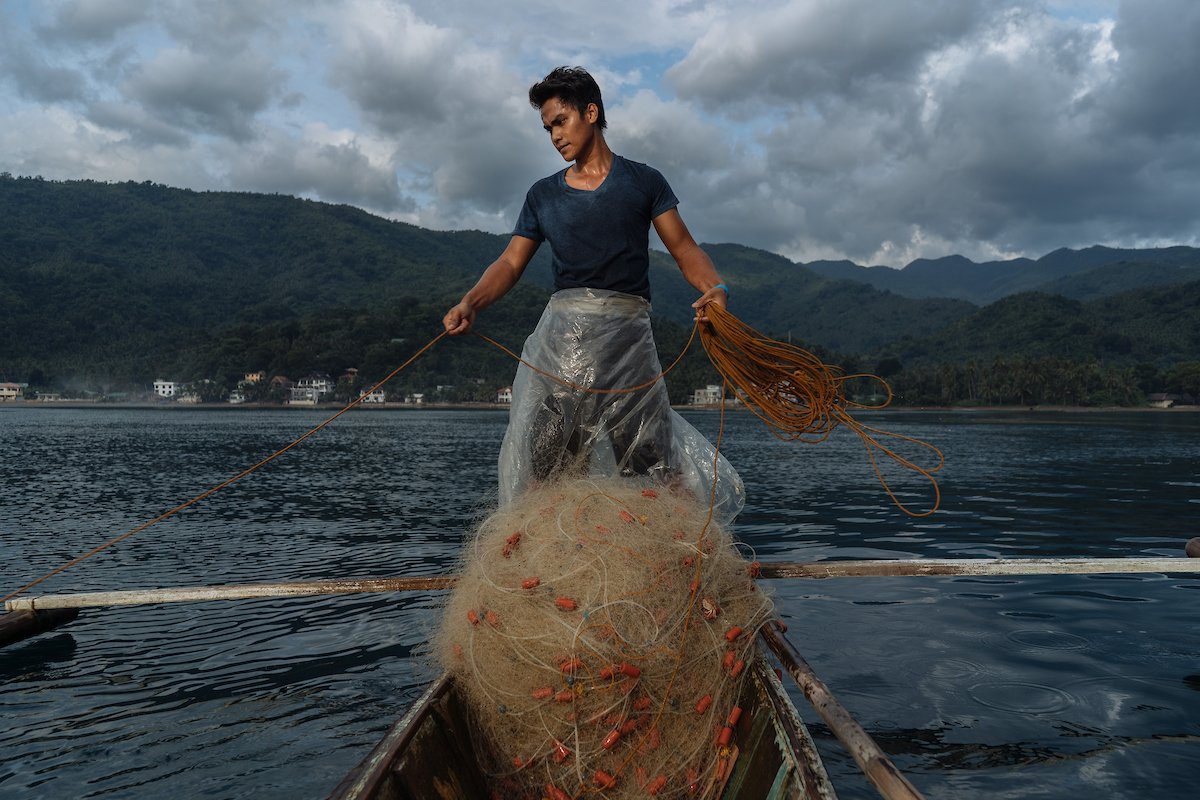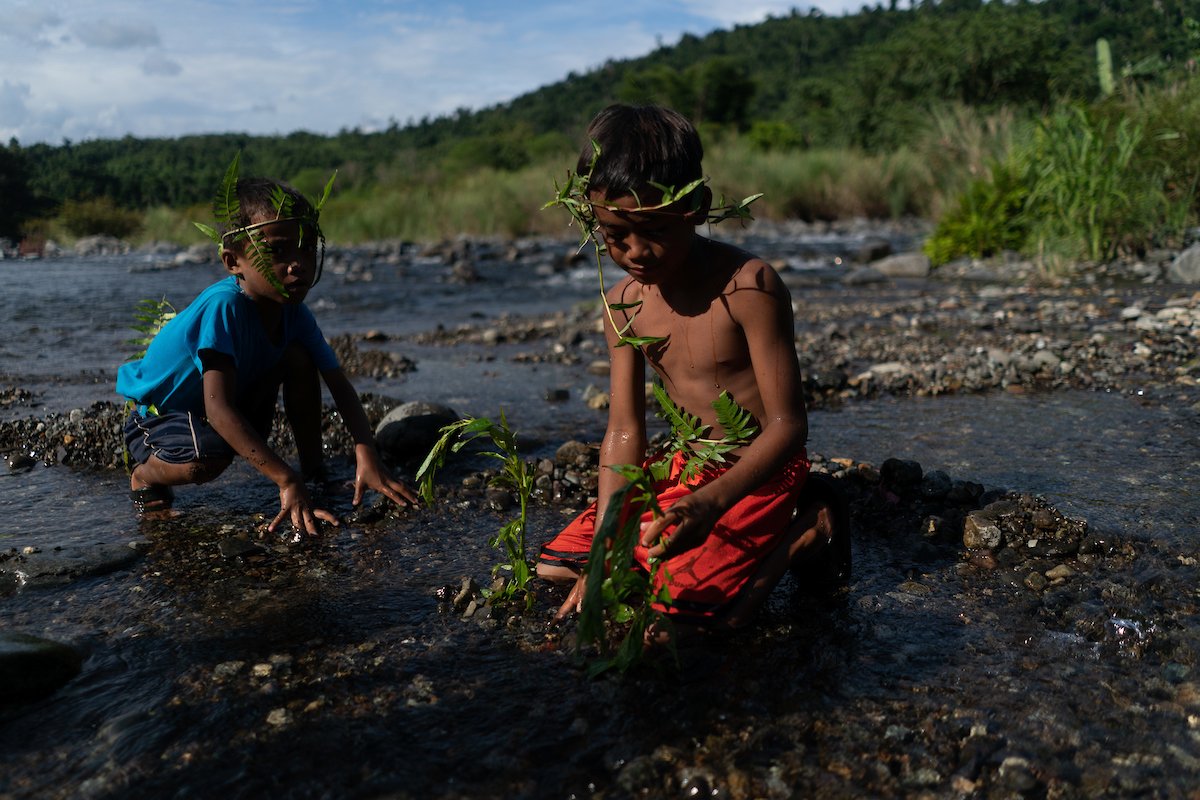- Activities
MAPS is a collective effort proposing new ways and approaches of storytelling to address the world's changing environment and societies.
MORE- Works
- Cultural
- Education
- Collective projects
- Members
MAPS brings together various dedicated professionals who want to start a new adventure and learn from each other in the process.
MORE- Photographers
- Creatives
- Contributors
- Foundation
Series
Cities Made of Water
Hannah Reyes Morales
In the Philippine archipelago life is deeply interdependent: the survival of all is inextricably intertwined not just with the sea, but also with the deepening climate change crisis. Philippine fisherfolk live with the devastating paradox at the heart of the Anthropocene: the communities who are least responsible for causing the worsening climate crisis are also among the most vulnerable.
The Coral Triangle is the cradle of life for our world’s oceans. And the Philippines is the centre of this marine biodiversity, with nearly 10 per cent of the world’s coral reefs and more documented species of marine life than anywhere else on Earth.
Yet, in spite of this incredible abundance, the nearly two million Filipinos who depend on these waters for sustenance are struggling to survive. Small-scale coastal fisherfolk bring in nearly half of all fish caught in the Philippines but remain among the poorest and most marginalized.
Warming, rising oceans threaten coral reefs and coastal communities alike; the fates of these teeming, diverse communities—one above water, one below—are intimately tangled up with each other. This is where the glaring dilemma offers its own answer: these fisherfolk, dwelling throughout the Philippines’ 7,641 islands and across its 36,289 kilometres of coastline, are at the frontline of the country’s fight against climate change.
Here, climate change isn’t an abstract idea: it’s reality—a truth Filipinos know tangibly, from the monsoon rains that feel like bullets against their bare skin, to the storm surges that sweep away their homes, to the more dangerous ocean depths they must go to feed their families.
If policymakers and scientists recognise the pivotal position these coastal dwellers are in, the victims of climate change could become the vanguard of our shared struggle to turn back the tide.














































































